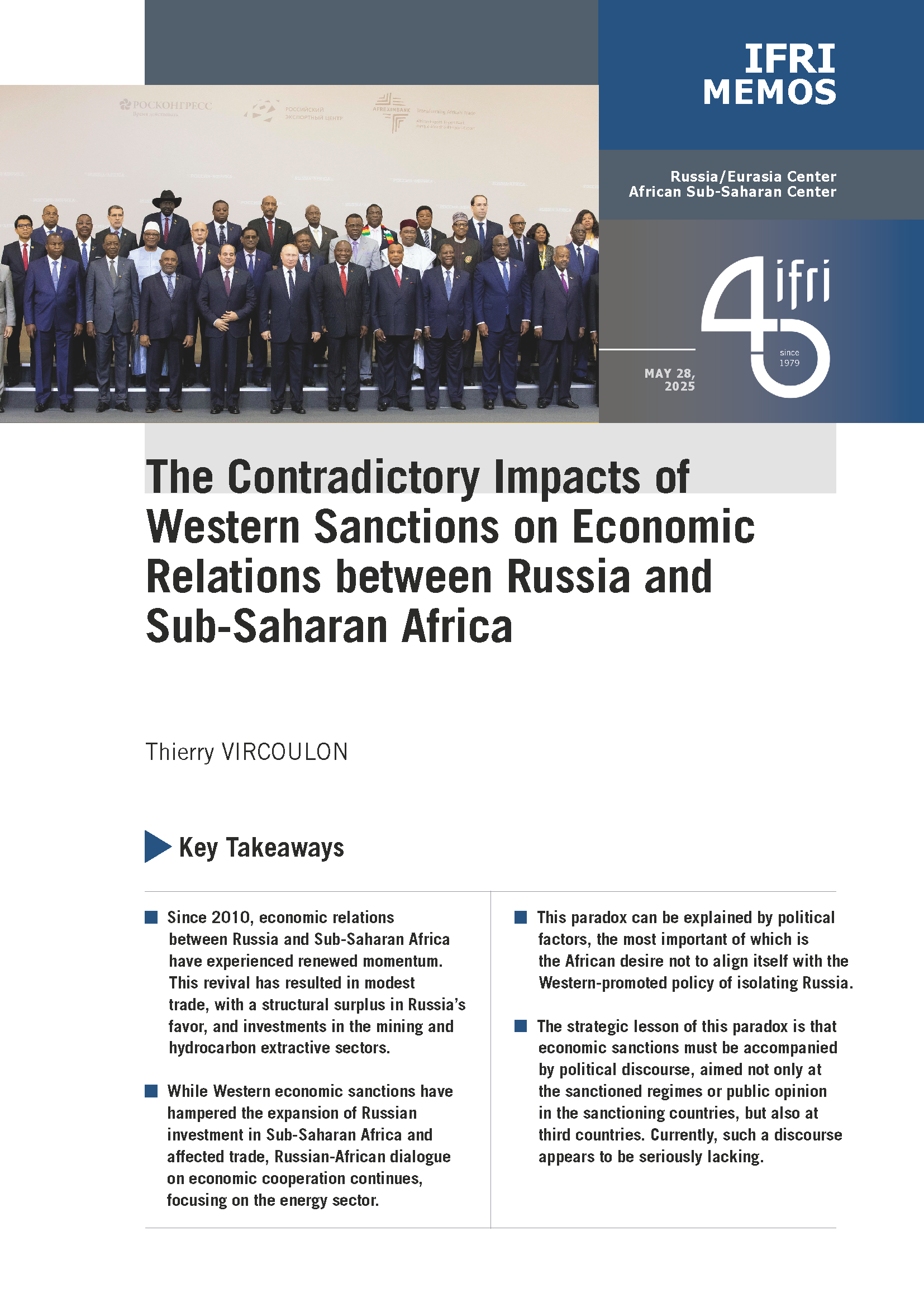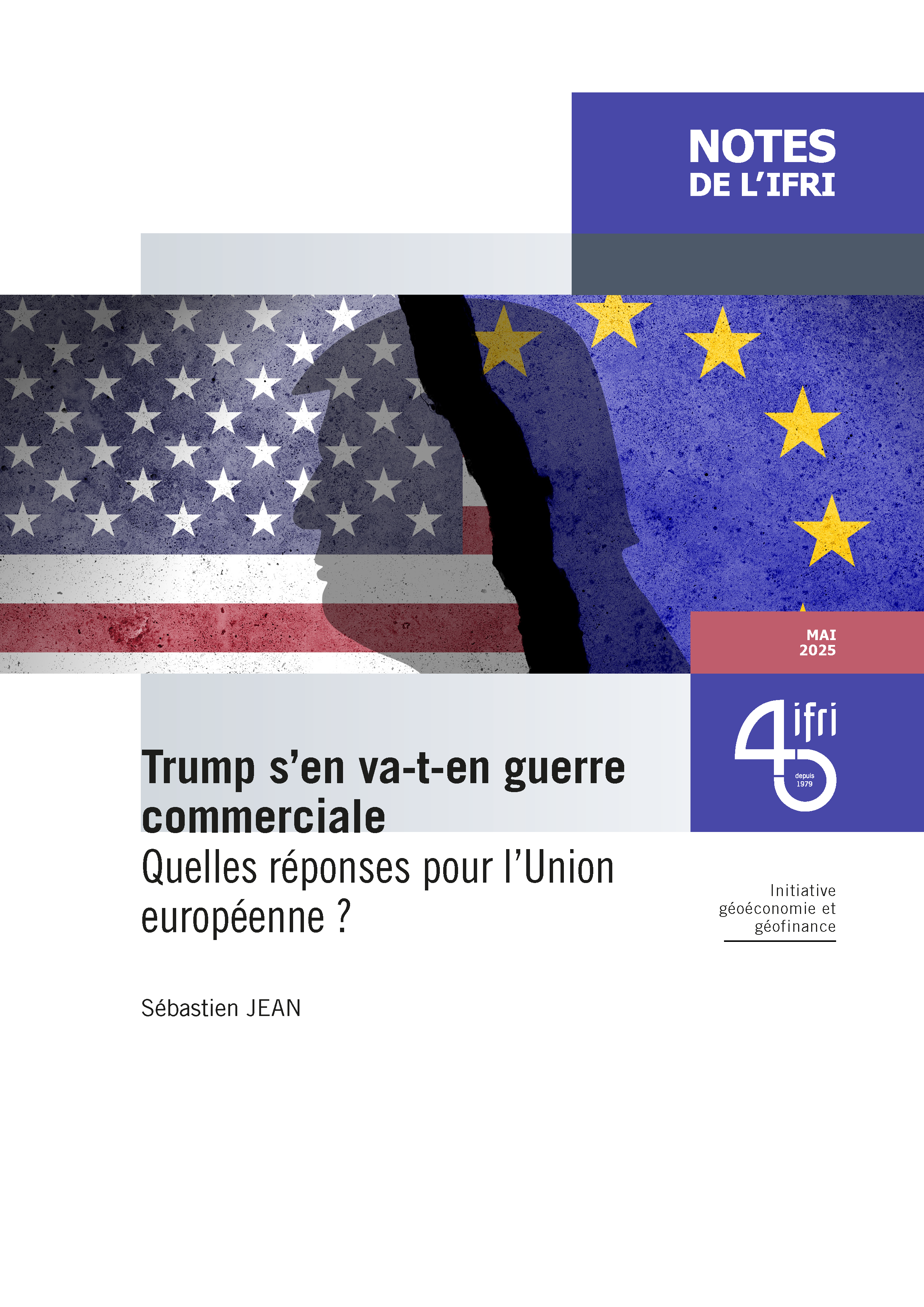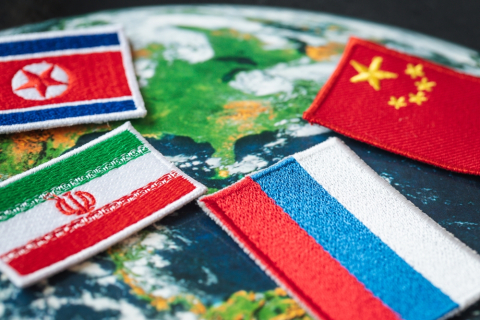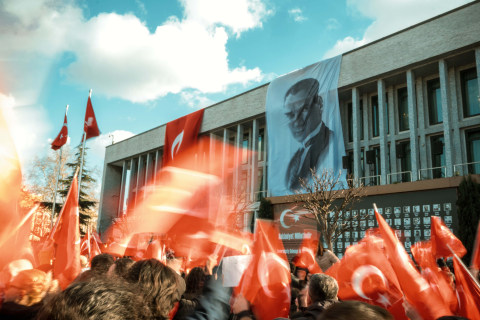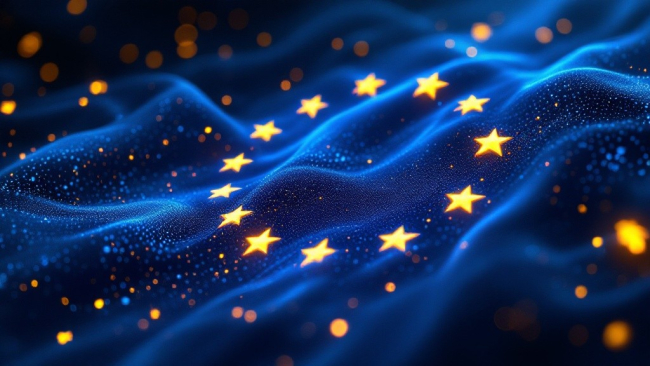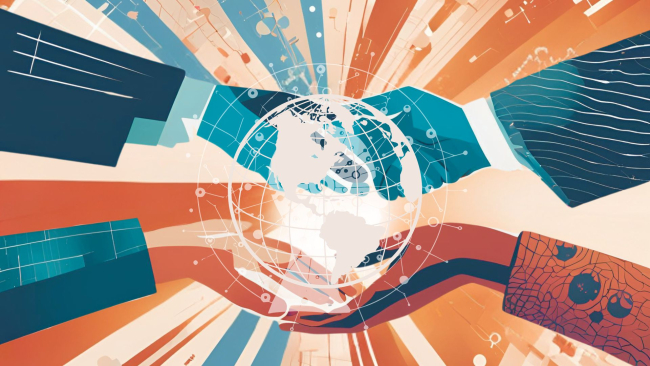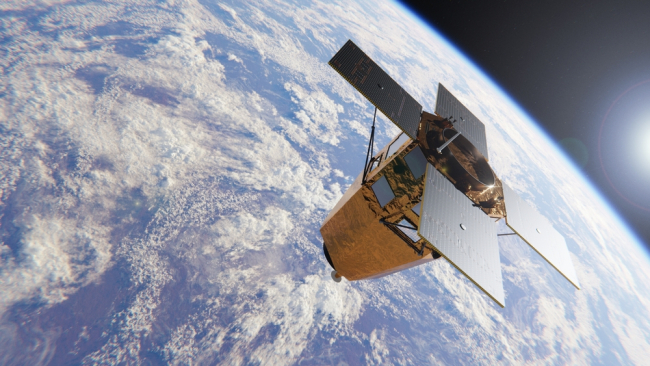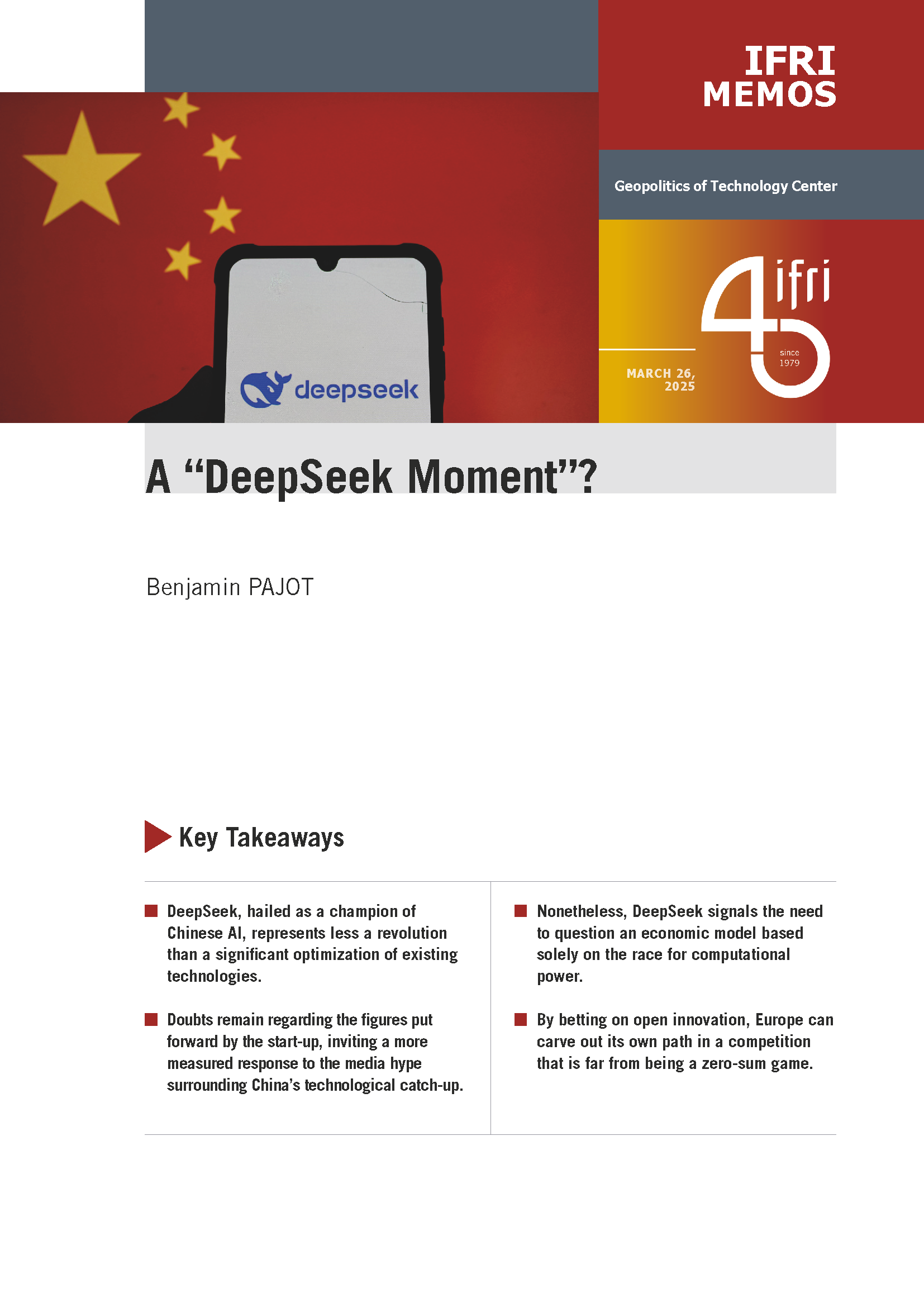
DeepSeek, hailed as a champion of Chinese AI, represents less a revolution than a significant optimization of existing technologies. Doubts remain regarding the figures put forward by the start-up, inviting a more measured response to the media hype surrounding China’s technological catch-up. Nonetheless, DeepSeek signals the need to question an economic model based solely on the race for computational power. By betting on open innovation, Europe can carve out its own path in a competition that is far from being a zero-sum game.
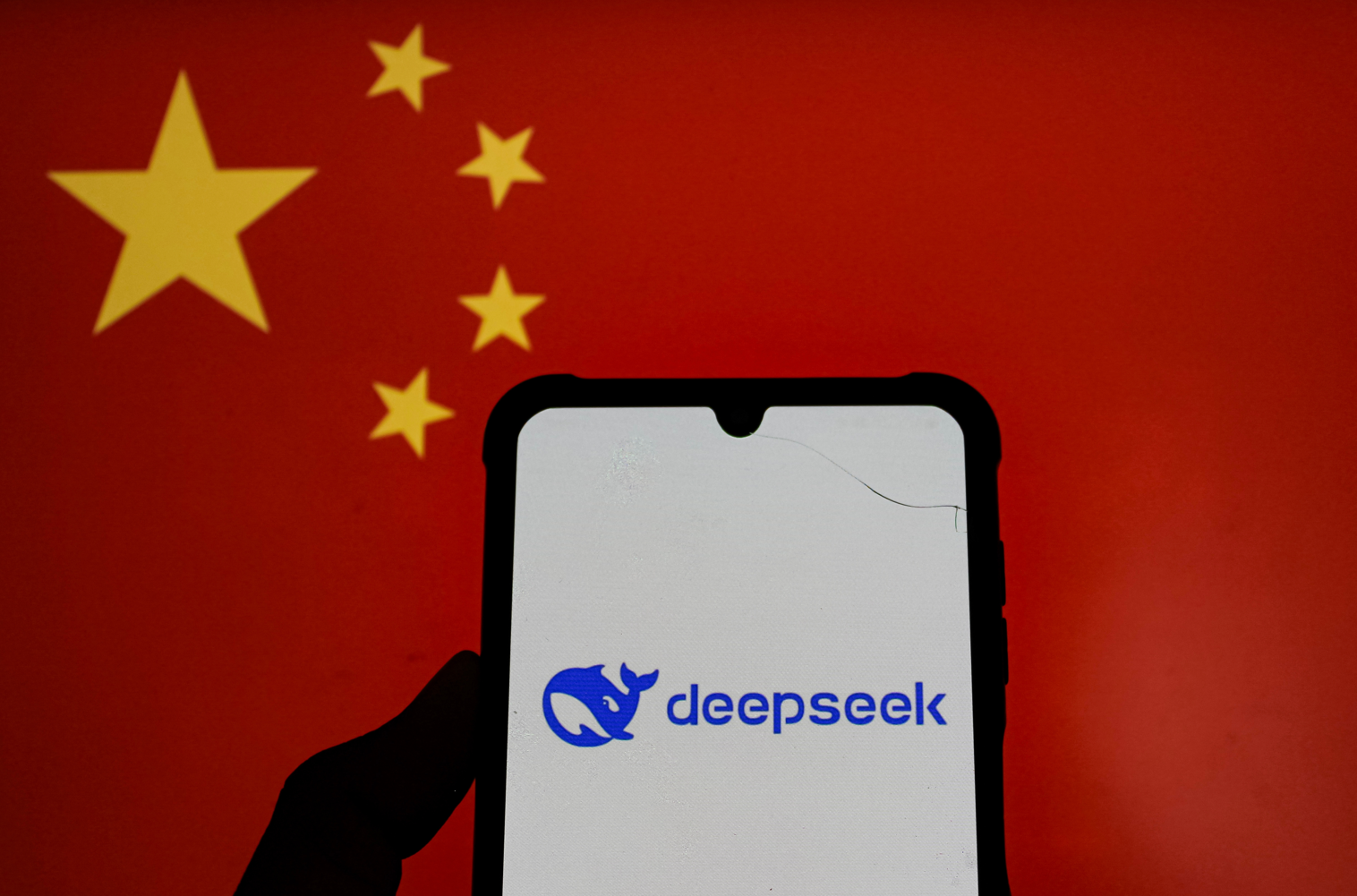
The release of the generative artificial intelligence (AI) model DeepSeek-R on January 20th, 2025, set off a wave of more or less sincere panic in Silicon Valley. With performances surpassing those of OpenAI’s ChatGPT4, the small Chinese start-up, 143 employees strong at the time, reaffirmed its talents, first glimpsed a month earlier with the publication of DeepSeek v3 in late 2024. Founded and led since 2023 by Liang Wenfeng, head of the High-Flyer hedge fund of which DeepSeek is a subsidiary, the company has benefited from substantial initial funding, allowing it to devote itself to research rather than chasing profitability. Its ties to Chinese authorities remain unclear, and its sudden success may have come as a pleasant surprise for Beijing, which has hailed it as a national champion in its technological competition with Washington.
Rather than a “Sputnik moment”, the U.S. leaders of this rapidly changing industry are now experiencing a “DeepSeek moment”, as so-called “reasoning” models mark a significant step in the evolution of large language models (LLMs). DeepSeek-R1, drawing inspiration from its competitors, also reflects the growing popularity of distillation, a process whereby the capabilities and “knowledge” of another AI model can be extracted by training based on its responses, resulting in a credible iteration of the model. The freely accessible model reflects China’s strategic positioning in open-source AI, and challenges Europe’s role in a game that appears to be less rigid and more open.
This Memo is available in French and English.

Available in:
Themes and regions
ISBN / ISSN
Share
Download the full analysis
This page contains only a summary of our work. If you would like to have access to all the information from our research on the subject, you can download the full version in PDF format.
A "DeepSeek Moment"?
Related centers and programs
Discover our other research centers and programsFind out more
Discover all our analysesThe “Huawei Saga” in Europe Revisited: German Lessons for the Rollout of 6G
While the European Union attempted to coordinate a collective response through its 5G Toolbox in Europe’s 5G infrastructure, member states diverged significantly in balancing political, economic, and technological considerations. Germany, despite its economic ties to China and status as Europe’s largest telecom market, only reached a tentative agreement in July 2024—one that appears largely symbolic.
European Startups and Generative AI: Overcoming Big Tech Dominance
Europe is at a crossroads. Faced with the domination of American Big Tech across the entire generative Artificial Intelligence (AI) value chain, from foundation models to cloud infrastructure, distribution channels, and open source, it risks long-term technological and economic decline. Yet generative AI also represents a major opportunity for economic transformation, with a potential value estimated at 1.5 times France’s gross domestic product (GDP). To turn it into a driver of renewal, Europe must move beyond the illusion of total technological independence and instead build an ecosystem that leverages Big Tech resources while strengthening its own innovation capabilities.
Artificial Promises or Real Regulation? Inventing Global AI Governance
The risks inherent to the unregulated use of AI, a key technology and vector of profound transformations within societies underline the pressing need to harmonize governance efforts at the international level. The Summit for Action on Artificial Intelligence to be held in Paris in mid-February could be an unprecedented timely occasion to agree on a global governance framework of AI for the public good.
The European Space Model: Renewing Ambition in a Changing Strategic Landscape
The European space model, based on science, cooperation and trade, is now being undermined by changes in international relations and the economic upheavals brought about by New Space. In light of the war in Ukraine and American disengagement, Europe needs to rethink its strategy by adding a fourth pillar dedicated to defense, in order to strengthen its sovereignty and deter possible aggression against the continent.


